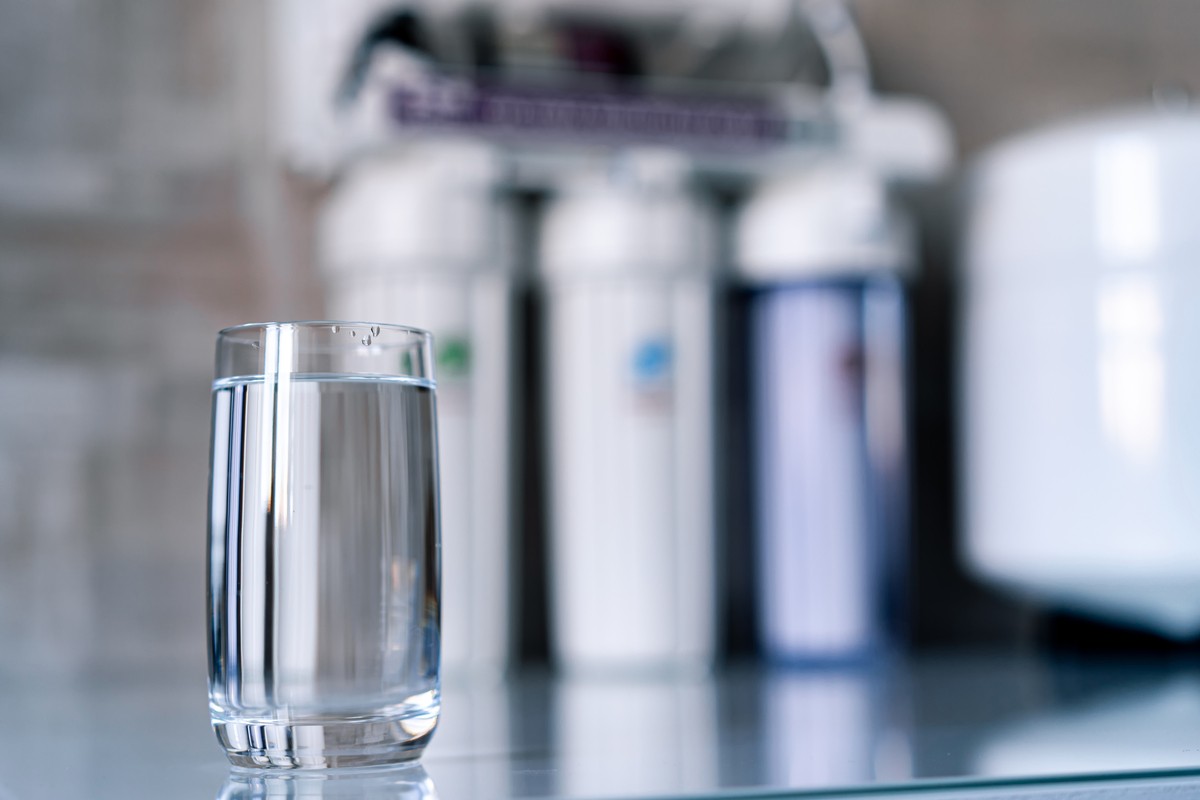While we rely on water for so many of our daily tasks, we often don’t pay much consideration to where it comes from or how pure it is. We expect the finest quality work and treat it as such. Many individuals find that tap water is unfit for consumption, hence water filters are a need in their homes. One of the main reasons why water filtration is so essential is that it gives people access to water that is safe to drink, tastes good, and can be relied on to provide them with the fluids they need to be healthy. If you don’t have access to clean water, you may become ill from drinking filthy water, or you could resort to drinking other beverages that aren’t as good for you.
While there are many different kinds of filtered water, they should all meet some minimum requirements. In this context, “filtered water” is water that has been treated to eliminate harmful microorganisms, chemicals, and pesticides. Public water systems must adhere to filtration regulations, although the specifics of those regulations vary by state. The answer to this question depends on many factors, including the quality of the water pipes, the treatment process, and the source of the water supply. For instance, the lead that leaches from older water filtration systems using lead pipes into the water may be detrimental to the water’s eventual distribution. This happens when water is being pushed through the pipes at a great force.
The major benefit of water filtration is a decreased possibility of waterborne illness. Drinking contaminated tap water may be detrimental for anybody, but it poses a particularly high risk for infants, the elderly, and persons with weakened immune systems. The following have been recognised as common causes leading to outbreaks in public water systems, according to the Centres for Disease Control and Prevention:
Filtered Water Solutions That Get Rid Of All The Harmful Stuff
The proliferation of water purification solutions is welcome news for the general public. The tiny holes of a water filter are designed to effectively remove sediment and other unwanted substances from the water supply. The smaller the holes, the cleaner the water will be since less sediment will be allowed to pass through. When it comes to how they function, different water filtration systems may be easily distinguished from one another. Alkaline water, reverse osmosis systems, bottled water, and home water filtering systems are the most common options.
Water In Bottles
Demand for bottled water continues to rise, driving yearly sales of billions of litres. Despite its widespread promotion as a cheap and simple answer, this method of filtration ultimately ends up being more expensive than others. There has been a dramatic increase in the amount of plastic trash that is harmful to our ecology since the price of bottled water is nearly 2,000 times more than the price of water from the tap.
Thankfully, more and more people are switching to using reusable water bottles as an alternative to single-use plastic bottles. Increasing access to filtered and usable water is one of the most essential things that can be done to reduce the amount of garbage that ends up in landfills and the ocean. The water people drink most often should be convenient to get, taste great, and be free of contaminants.
Pitchers And Attachments For Filter Faucets
These filters are cheap and easy to get, and they do a great job of improving the taste of water straight from the faucet. They help reduce lead and other toxins by collecting tiny particles using a filter screen. Activated carbon, which may be found in blocks, is often used in domestic water filtering systems to help get rid of unpleasant tastes and smells.


